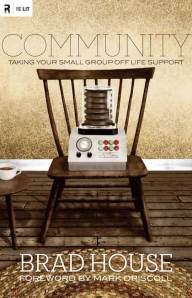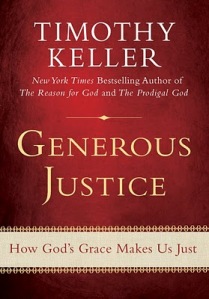 This year has been an extremely busy one for me, and as a result my reading schedule has been thrown off course. Without even realizing it (until after buying it), Joe Thorn’s Note to Self turned out to be a devotional that both gave me good theology to think about while staying completely focused on Jesus during these past busy months. I’m really glad I managed to get my hands on this.
This year has been an extremely busy one for me, and as a result my reading schedule has been thrown off course. Without even realizing it (until after buying it), Joe Thorn’s Note to Self turned out to be a devotional that both gave me good theology to think about while staying completely focused on Jesus during these past busy months. I’m really glad I managed to get my hands on this.
The author sets the standard for the book well in the title as well as in the introduction: “A good teacher or evangelist is first a good preacher to himself” (p. 24). There is no point in reading this book if you seek merely to feel good afterward or smile while closing the book, only to forget an hour later the wisdom your eyes just passed upon. Thorn unravels truths about God that make you think deeply; he presents theological muses that will only be effective if you apply them to your life. Not only that, but with titles like, “Stop Complaining,” and words like, “Dear Self, like everyone else, you are pretty good at pretending. It is not malicious, but you can put on a good face when in reality things are not good” (p. 67), it’s plain to see he is honest without being overly blunt. He is in-your-face without being rude. He is reflective without being too ambiguous.
Also outlined in the introduction is his objective to talk equally about both God’s law (His standard of living) and the Gospel (the love and grace found in Jesus Christ’s life, death, and resurrection). He does this through various topics, from pride to repentance to honoring your parents. He breaks the book into three parts. The first part, taking an upward perspective, is called “The Gospel and God.” The second part, focusing outward, is called “The Gospel and Others.” The third and final part, focusing inward, is called “The Gospel and You.” Did I mention that he is always staying centered on Jesus?
Devotional-gurus will appreciate Thorn’s refusal to leave them with a pithy word about God that will leave one unchanged, as I fear many devotionals do too often. People who don’t normally read devotionals will appreciate his ability to give them something to think about and live out through their busy schedules.
My favorite part has to be something so powerfully subtle here. While the author doesn’t really spell out how one exactly preaches to themselves, the simple “Dear Self” found at the beginning of each entry goes miles beyond its purpose by training readers to reflect on how their life is immediately impacted whenever they learn more about God and the Gospel.
Covering so many topics means everyone, whether it’s a pastor or someone who has hit rock bottom, has something to learn (and live out!) from Note to Self, and with the Kindle version only costing $3, there’s really no excuse not to pick this up.


